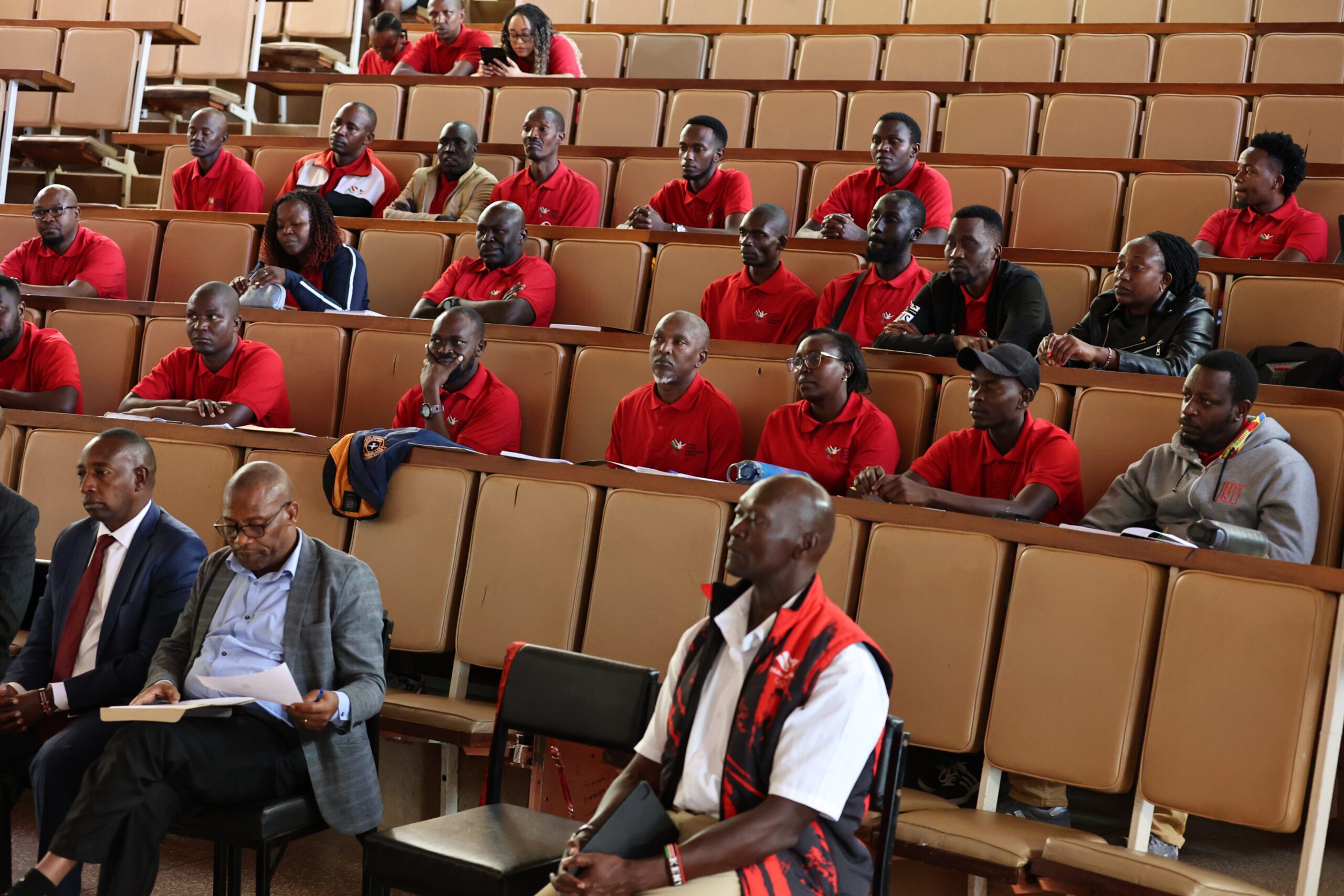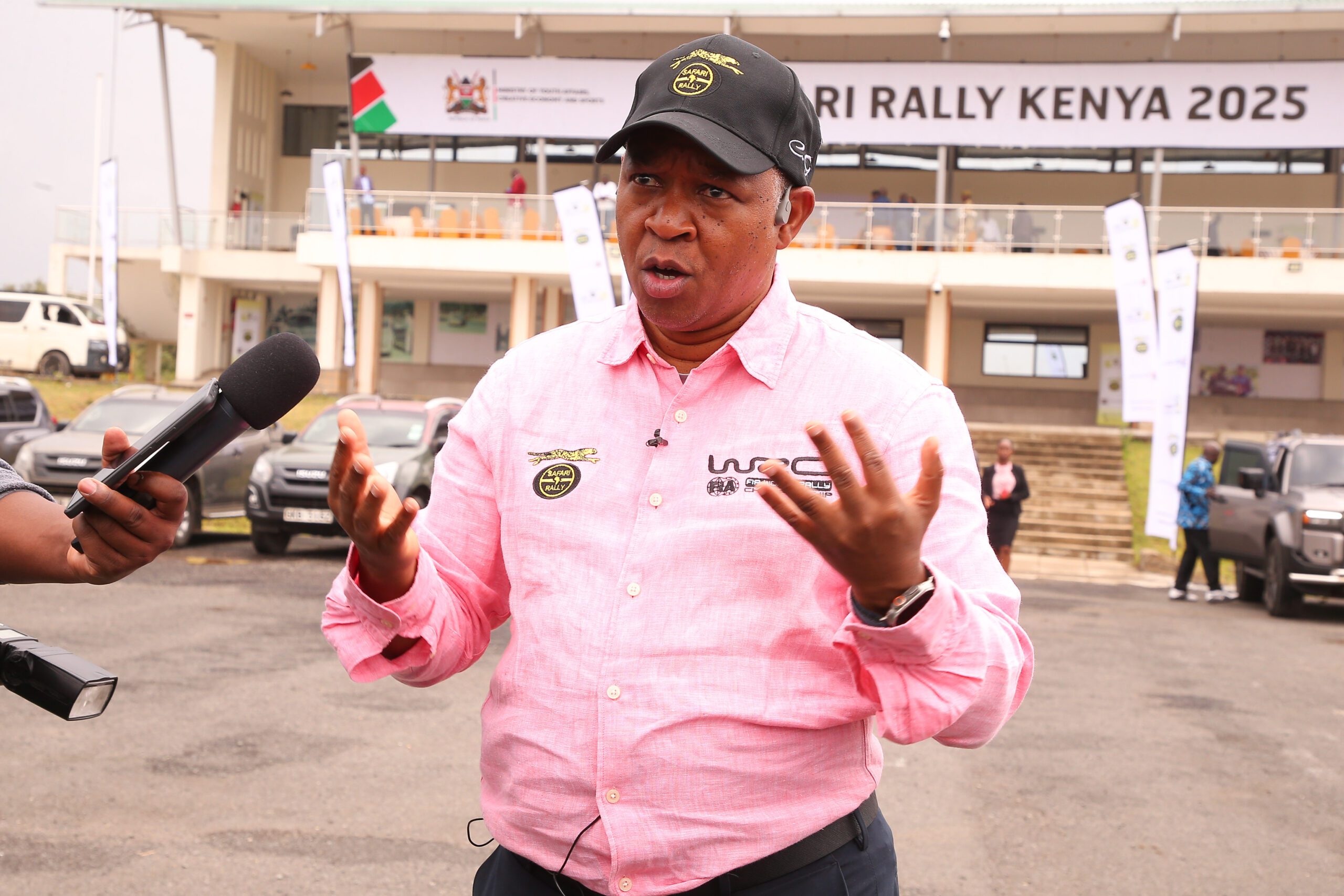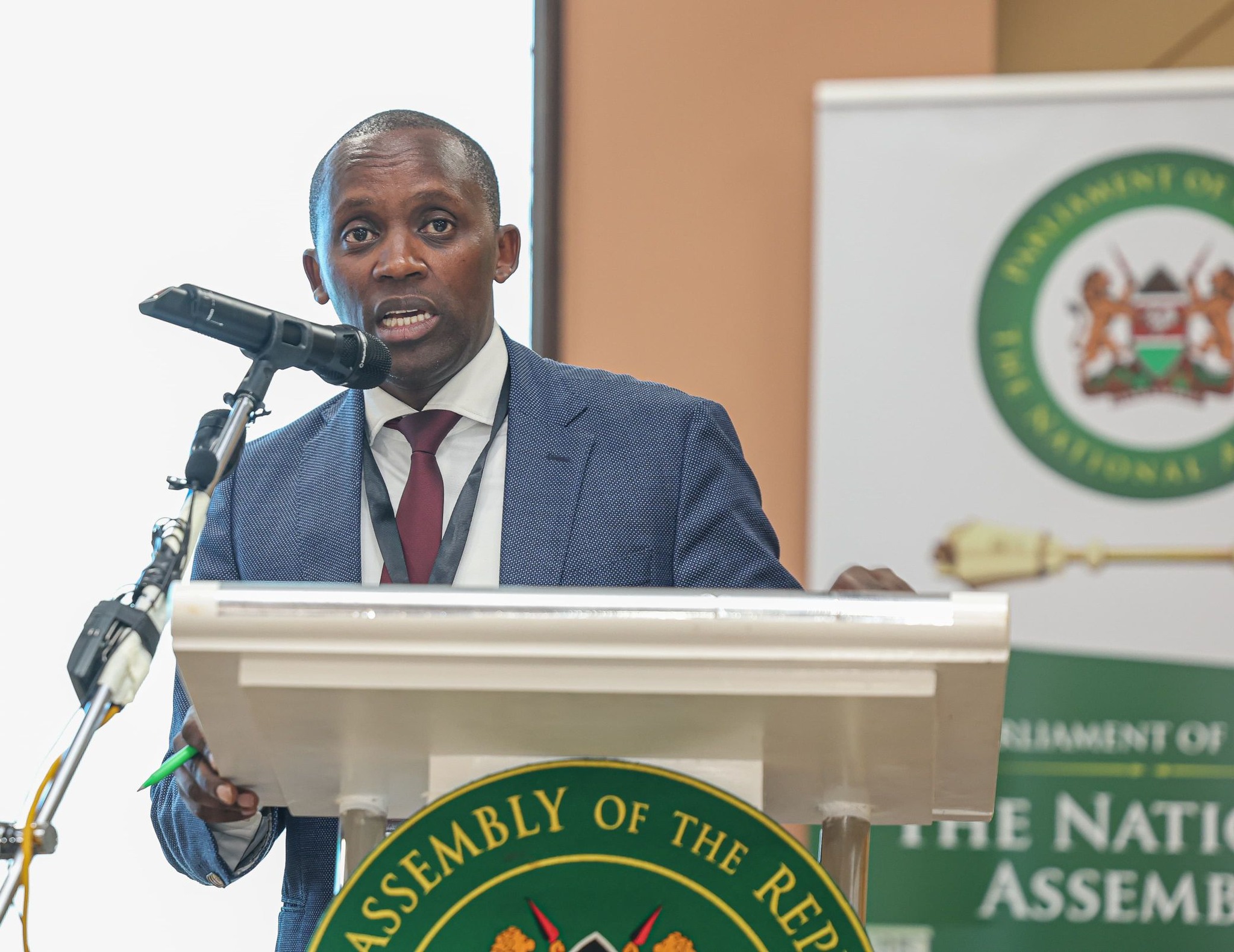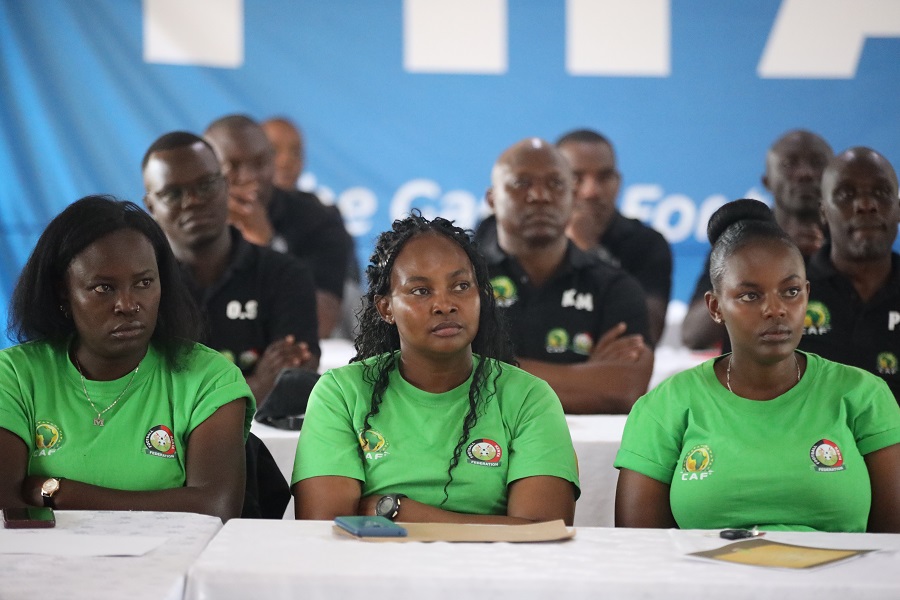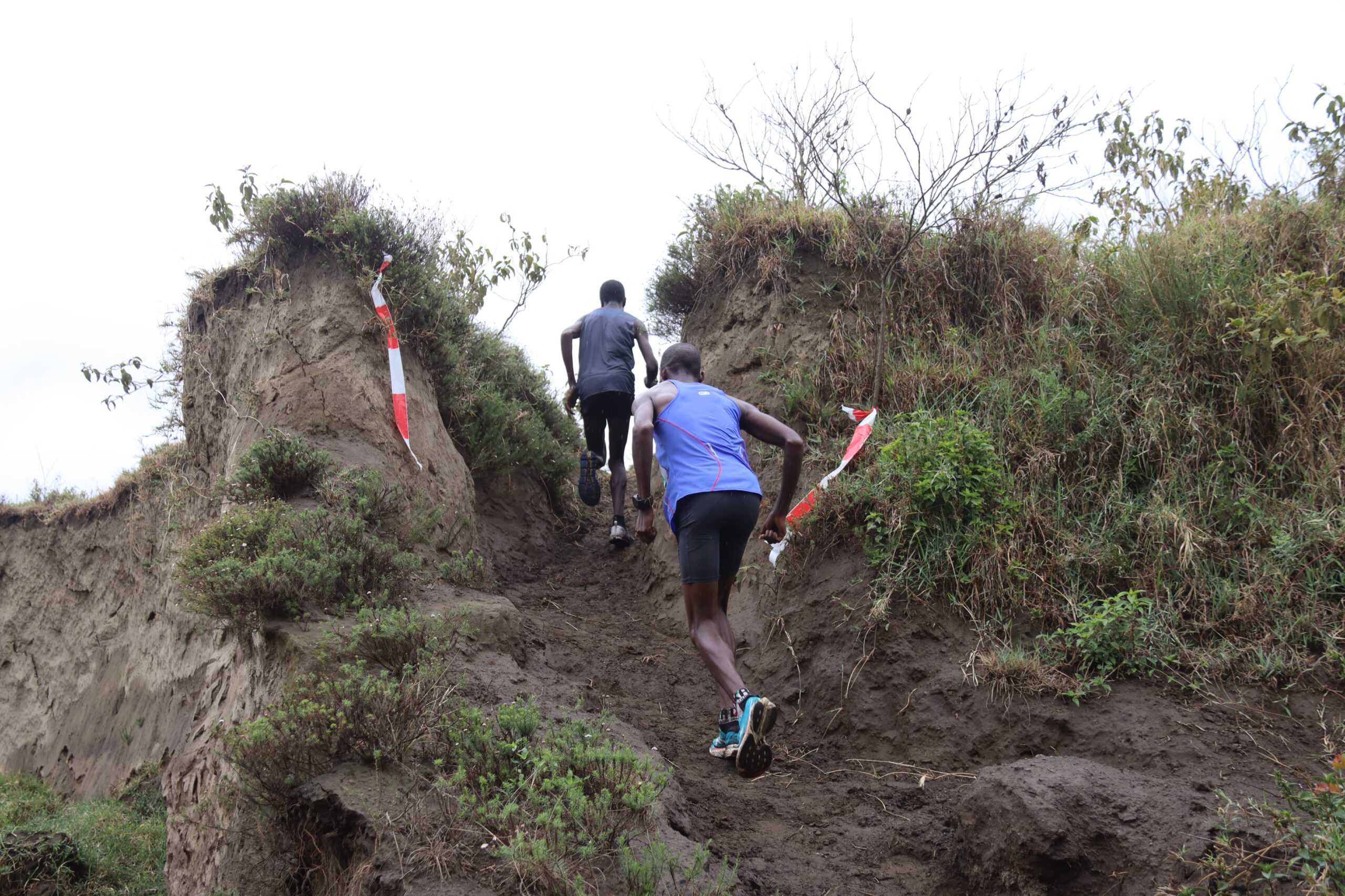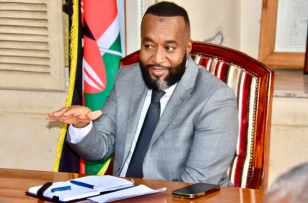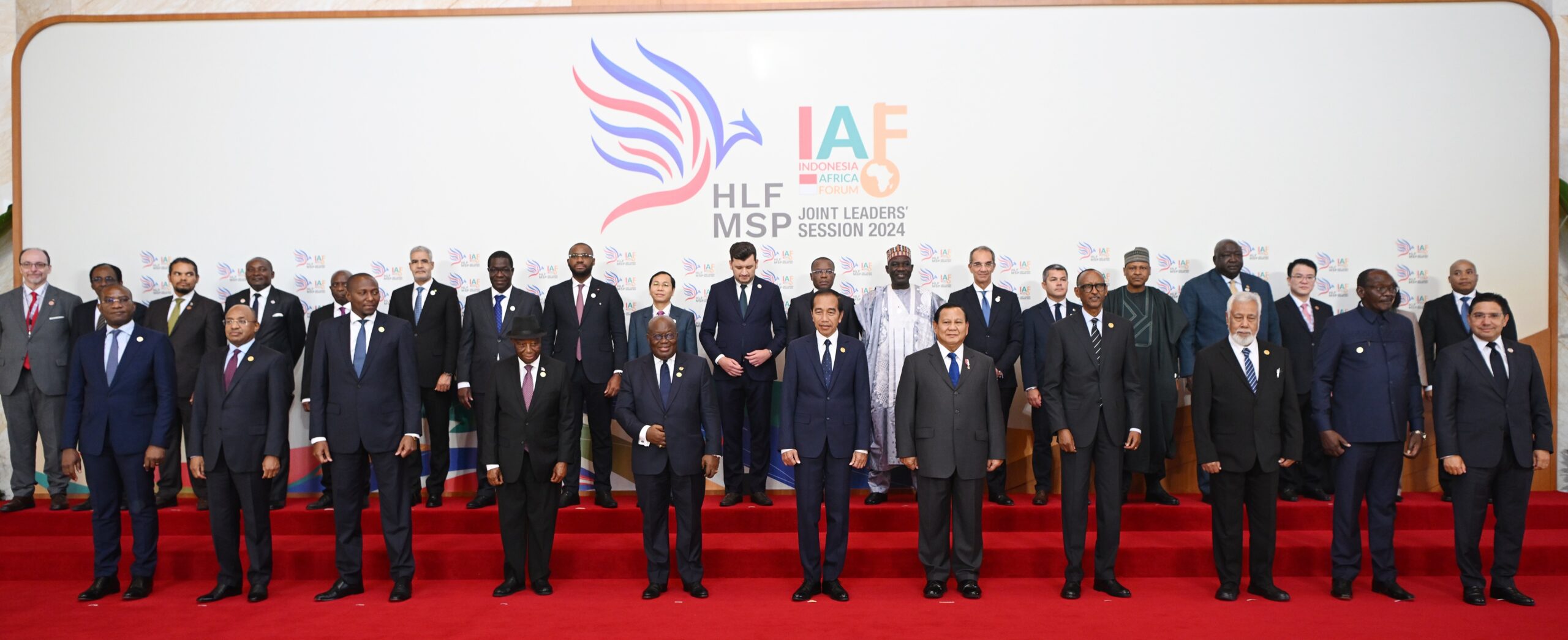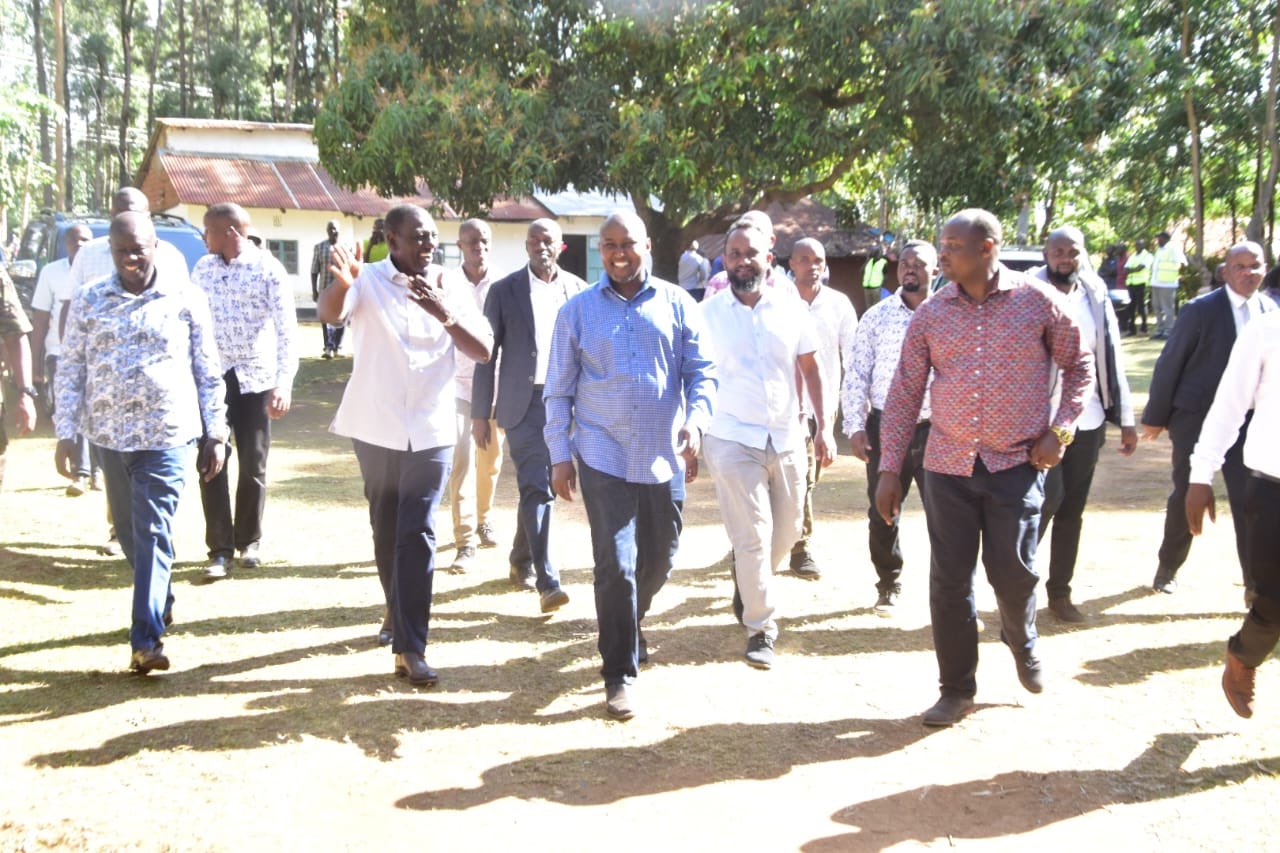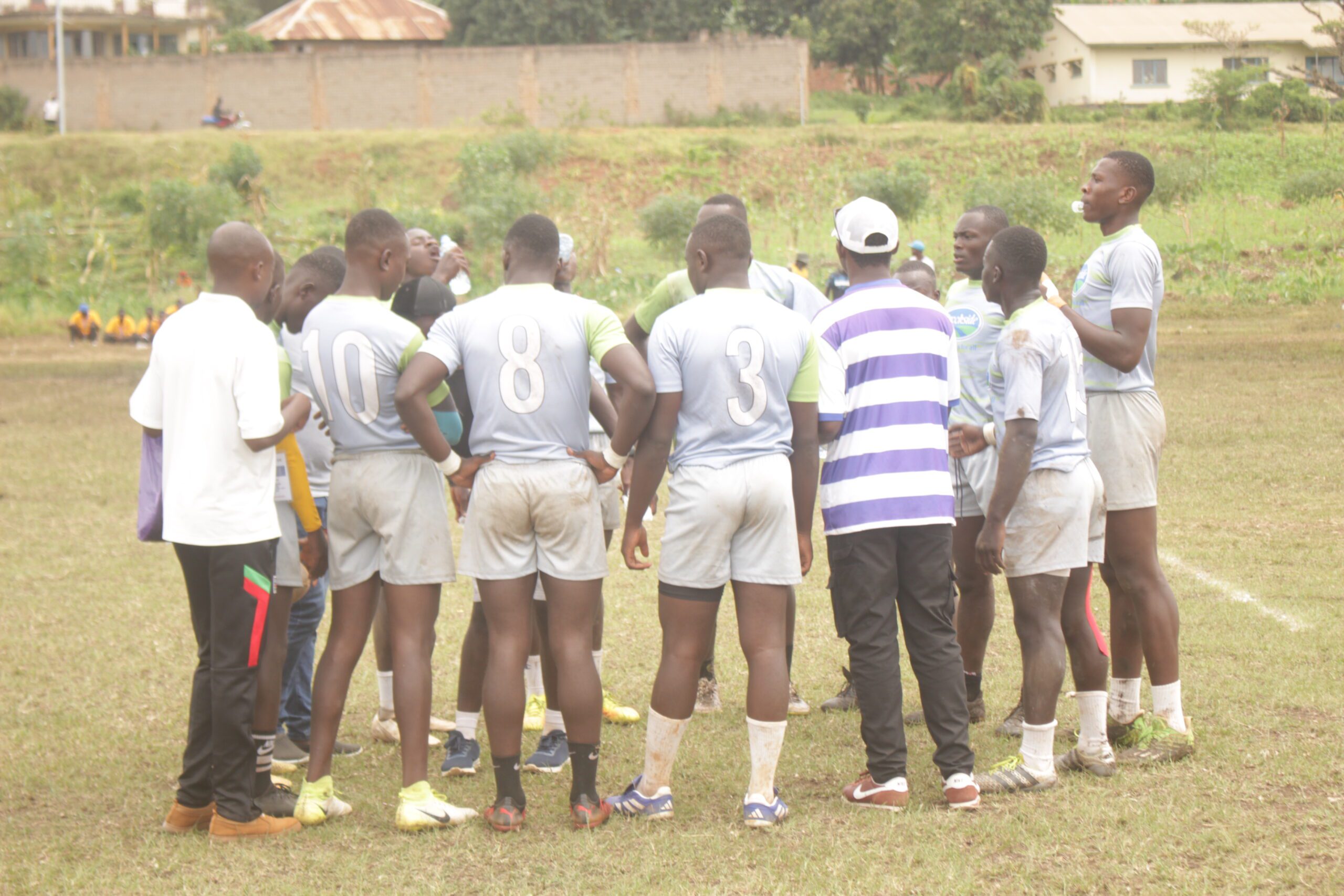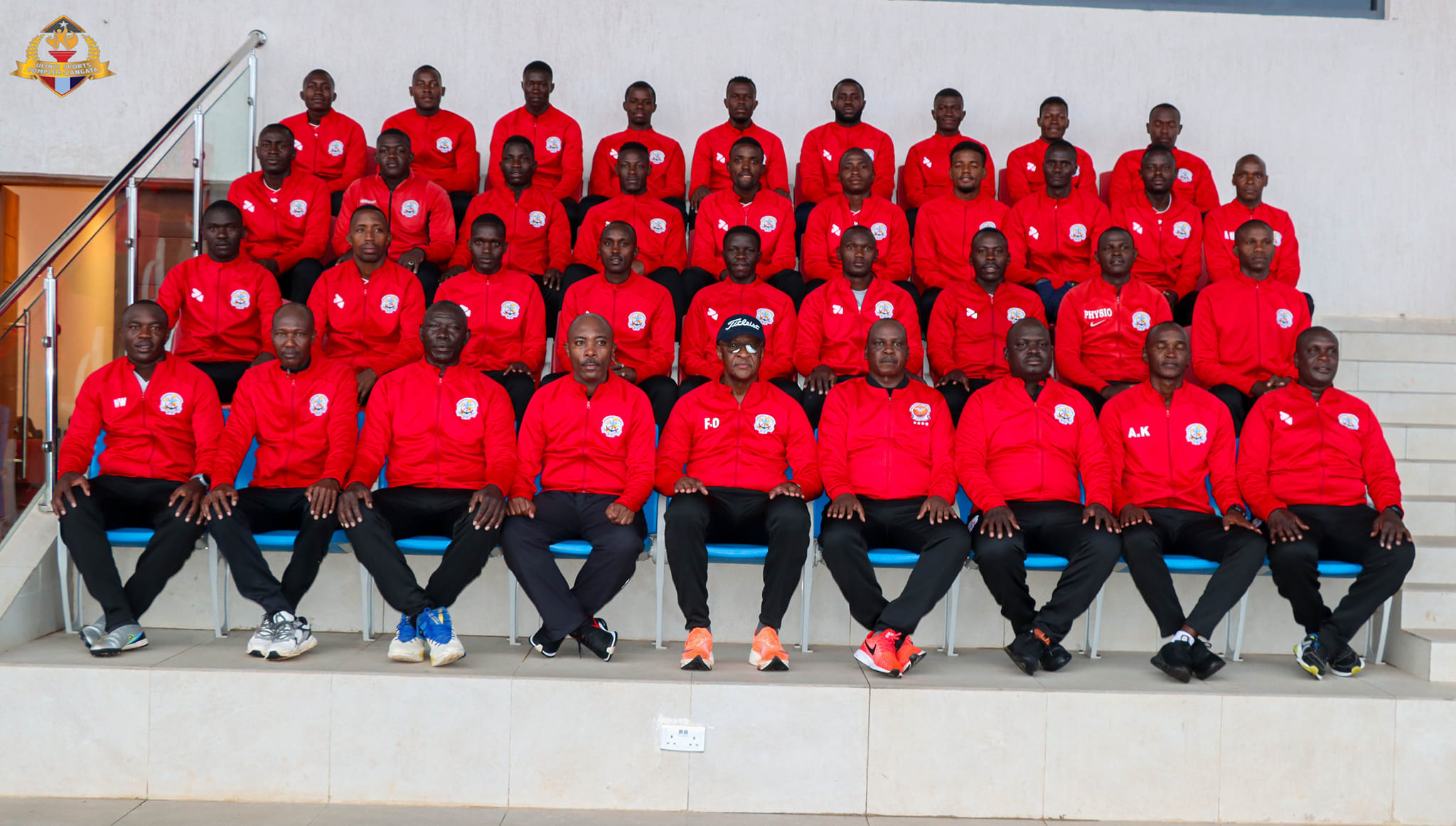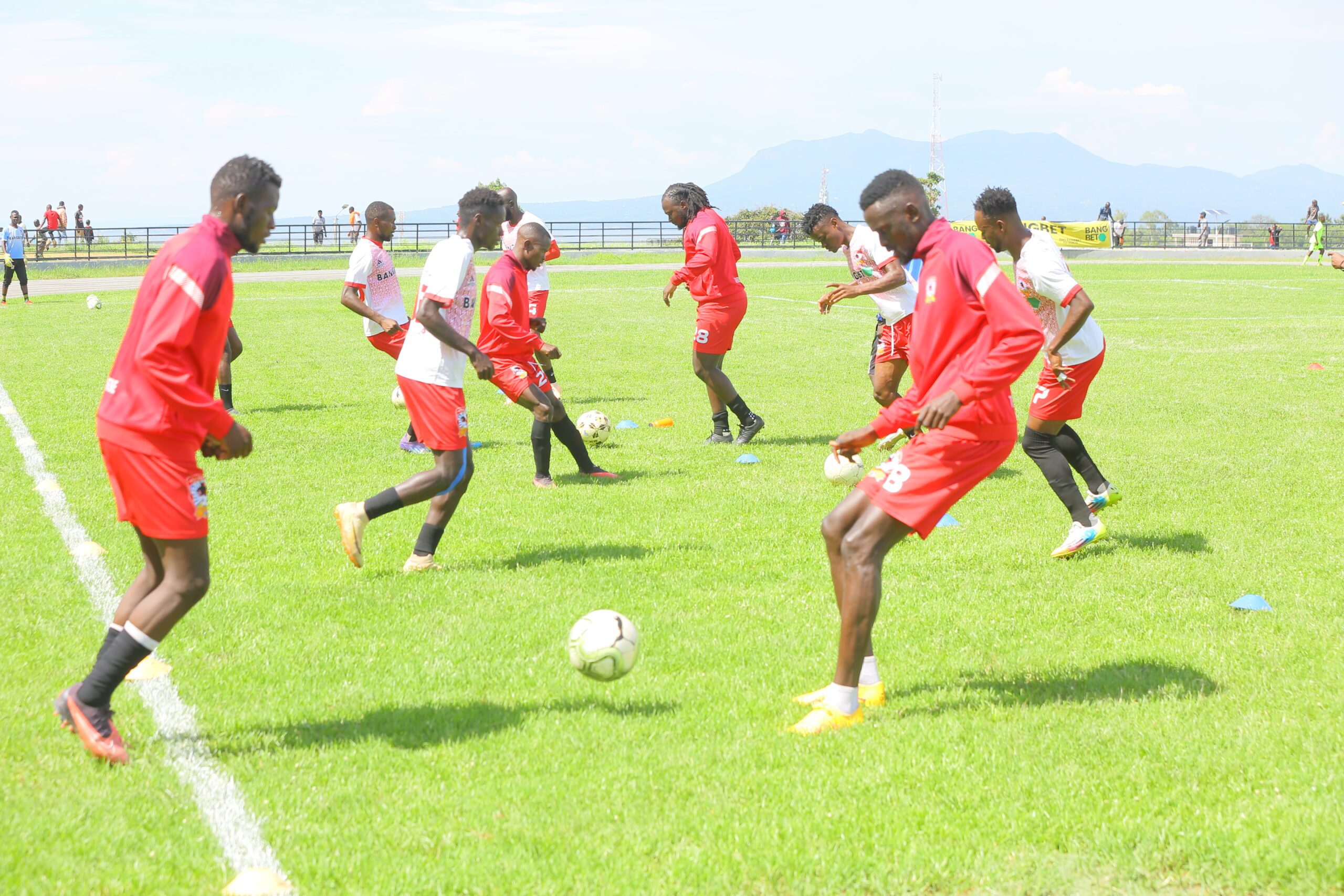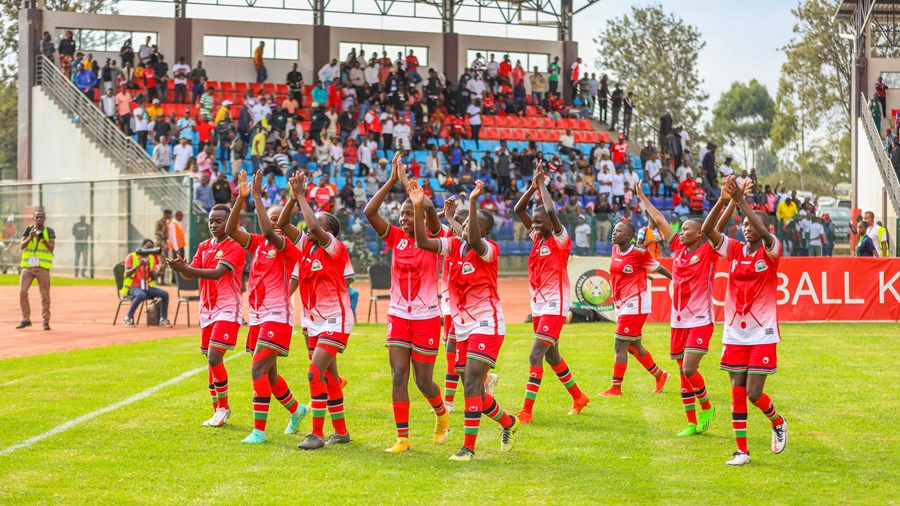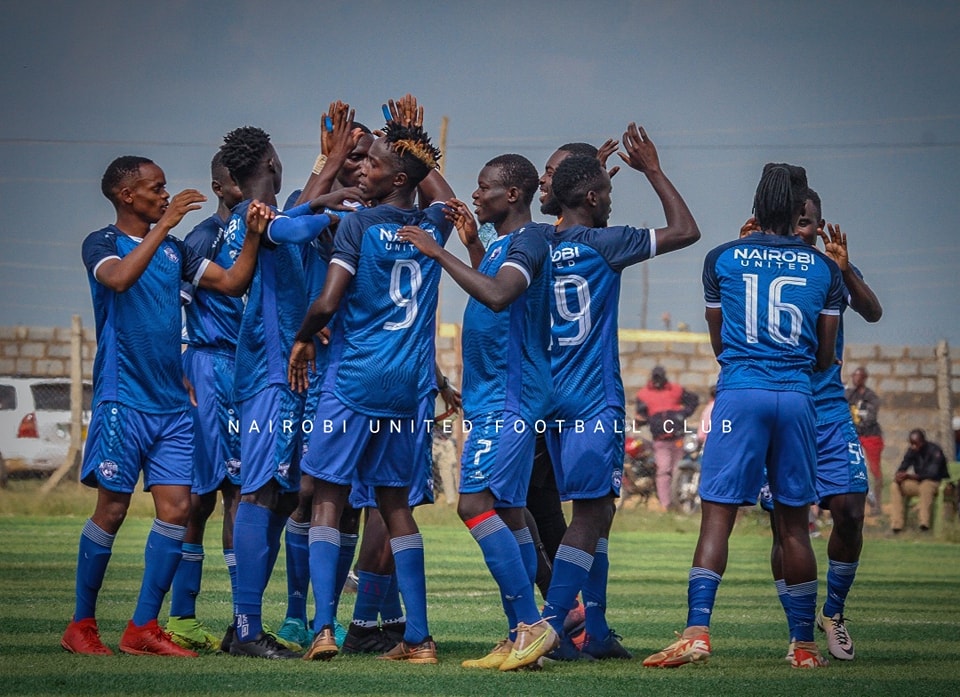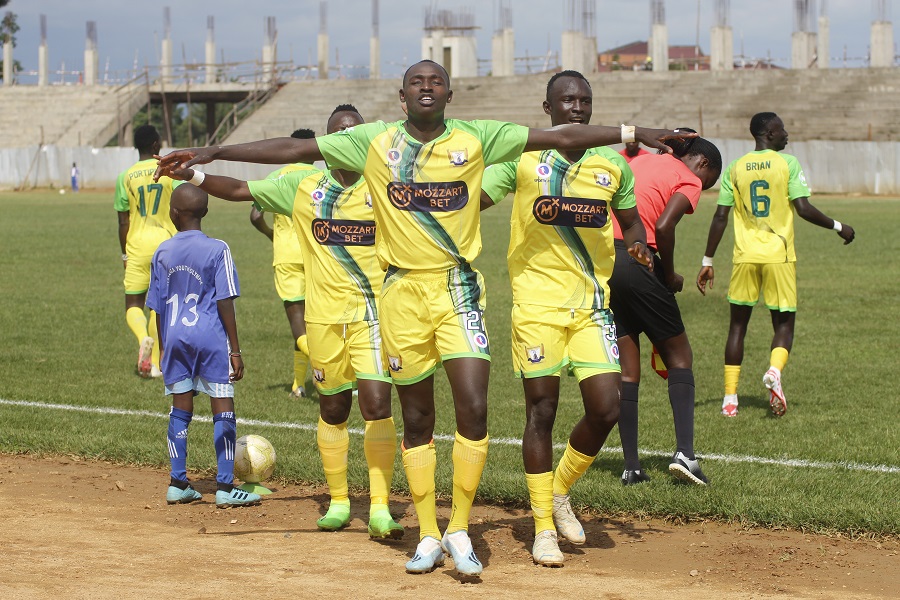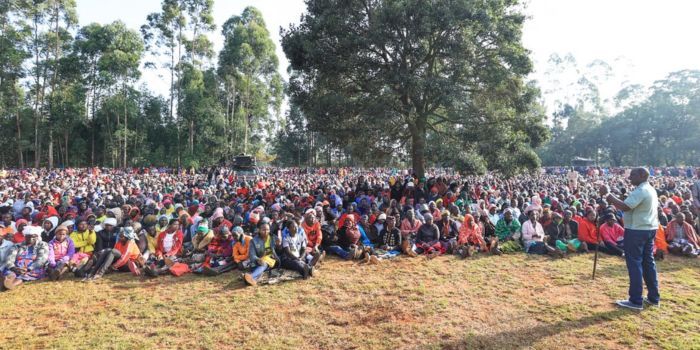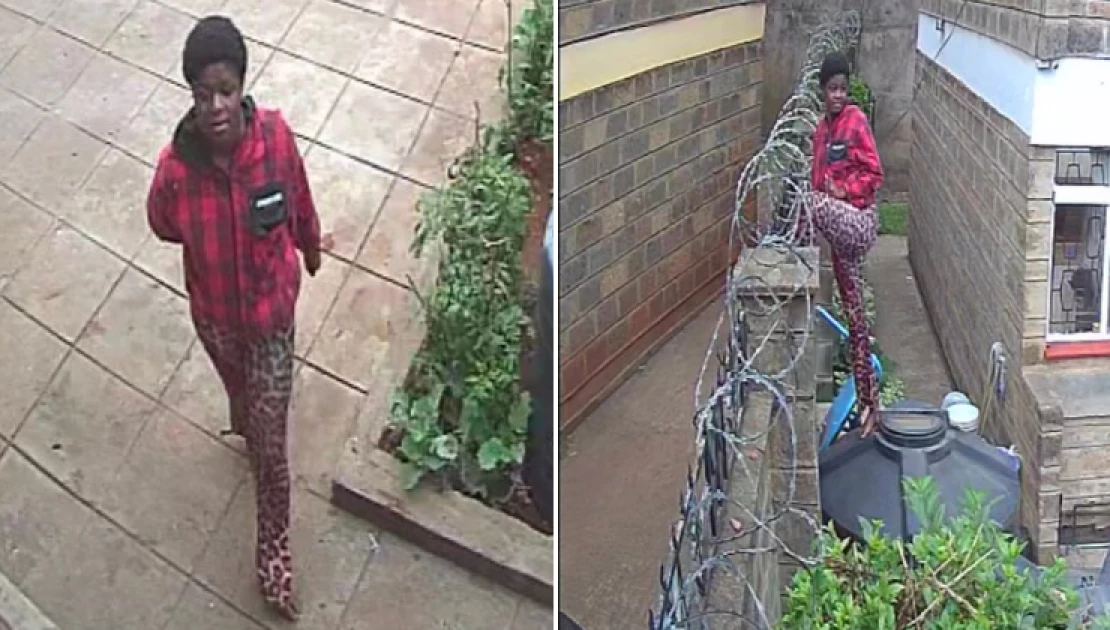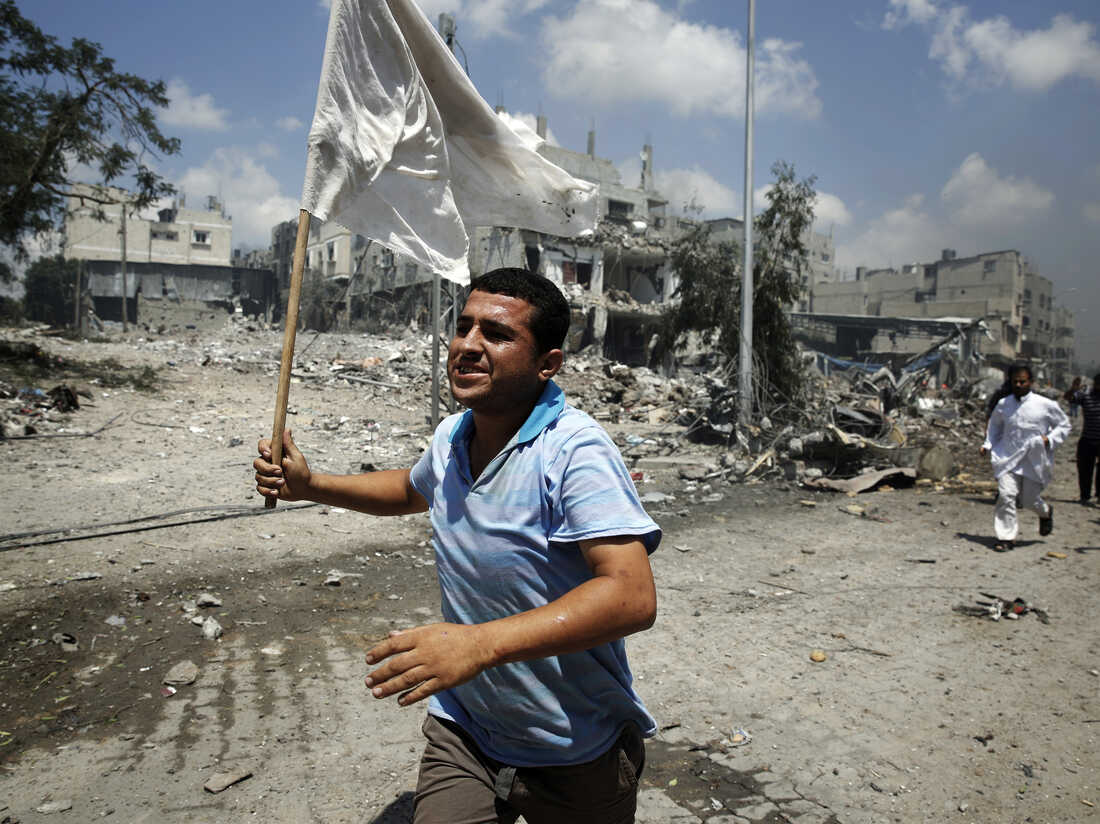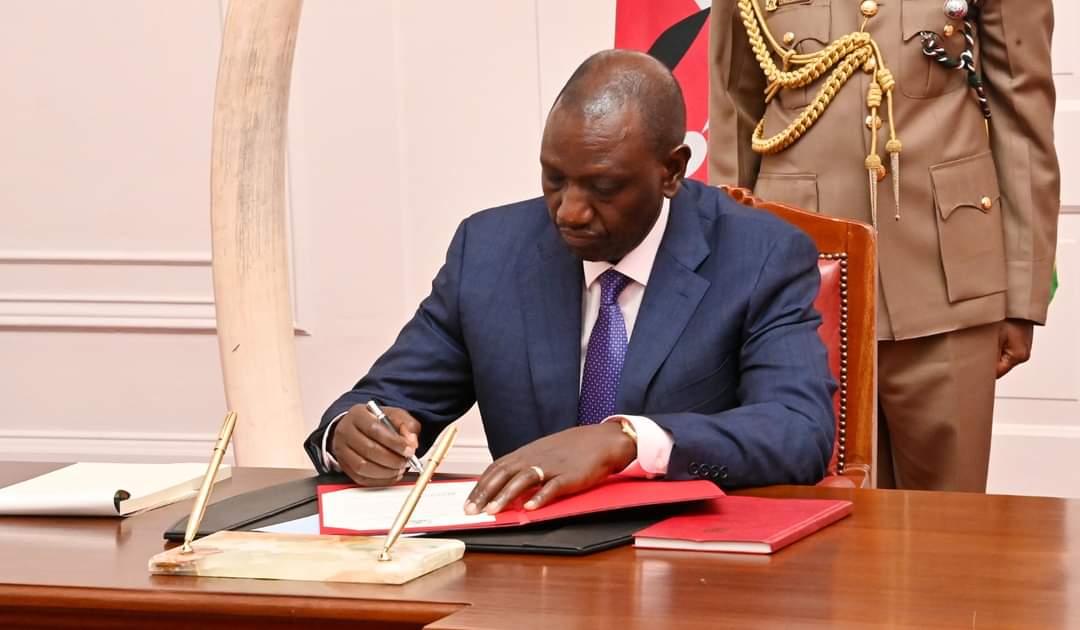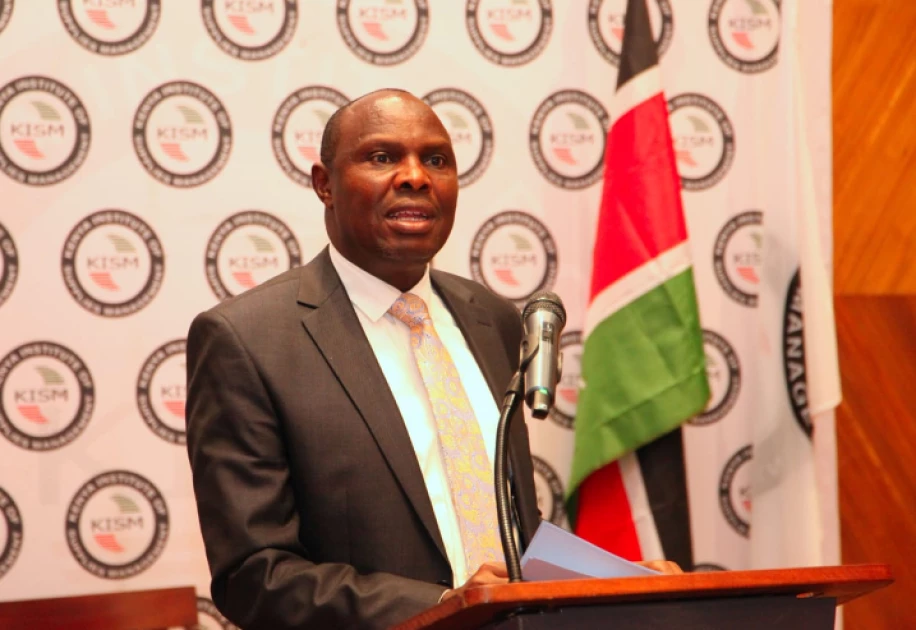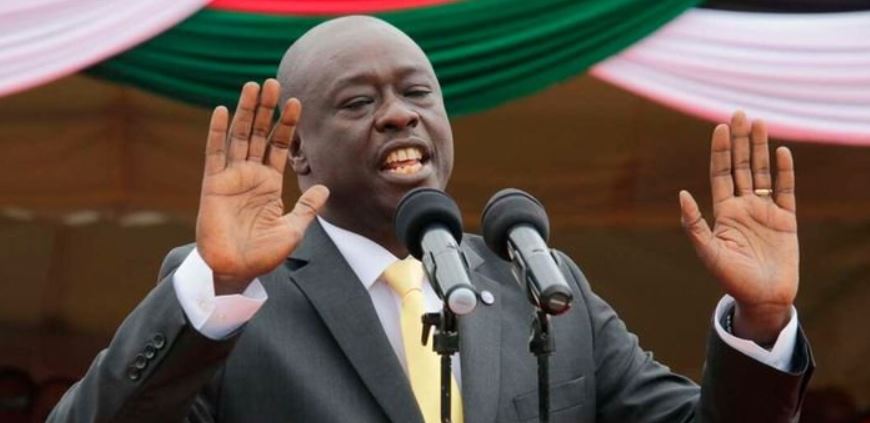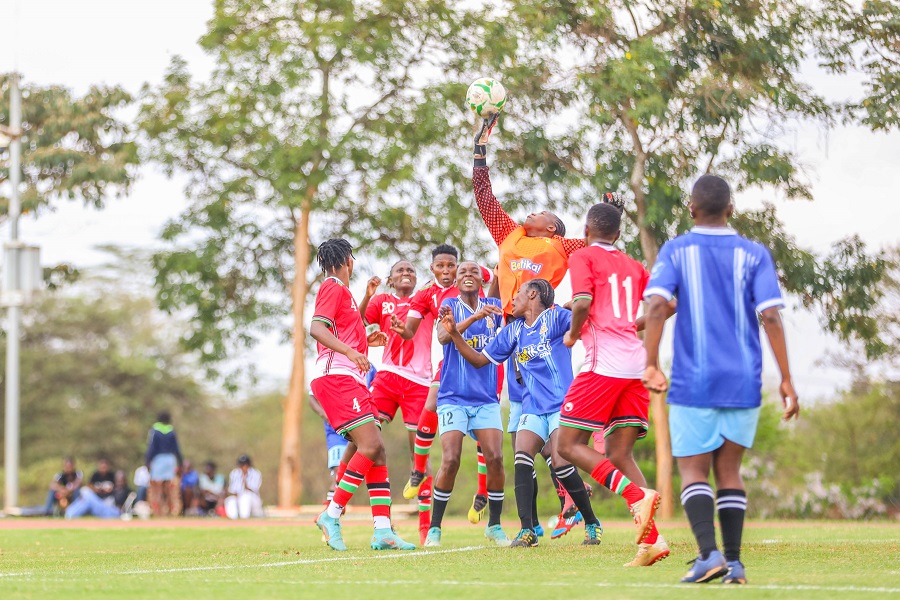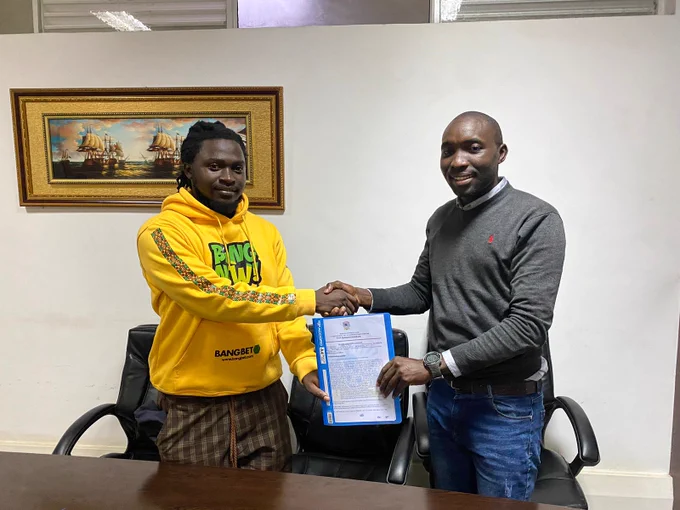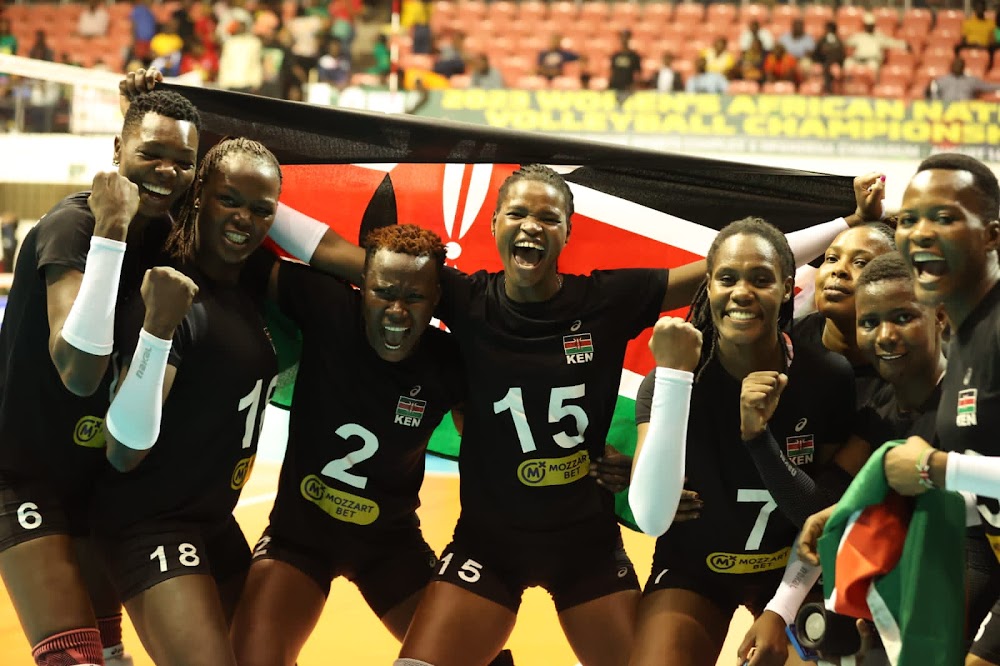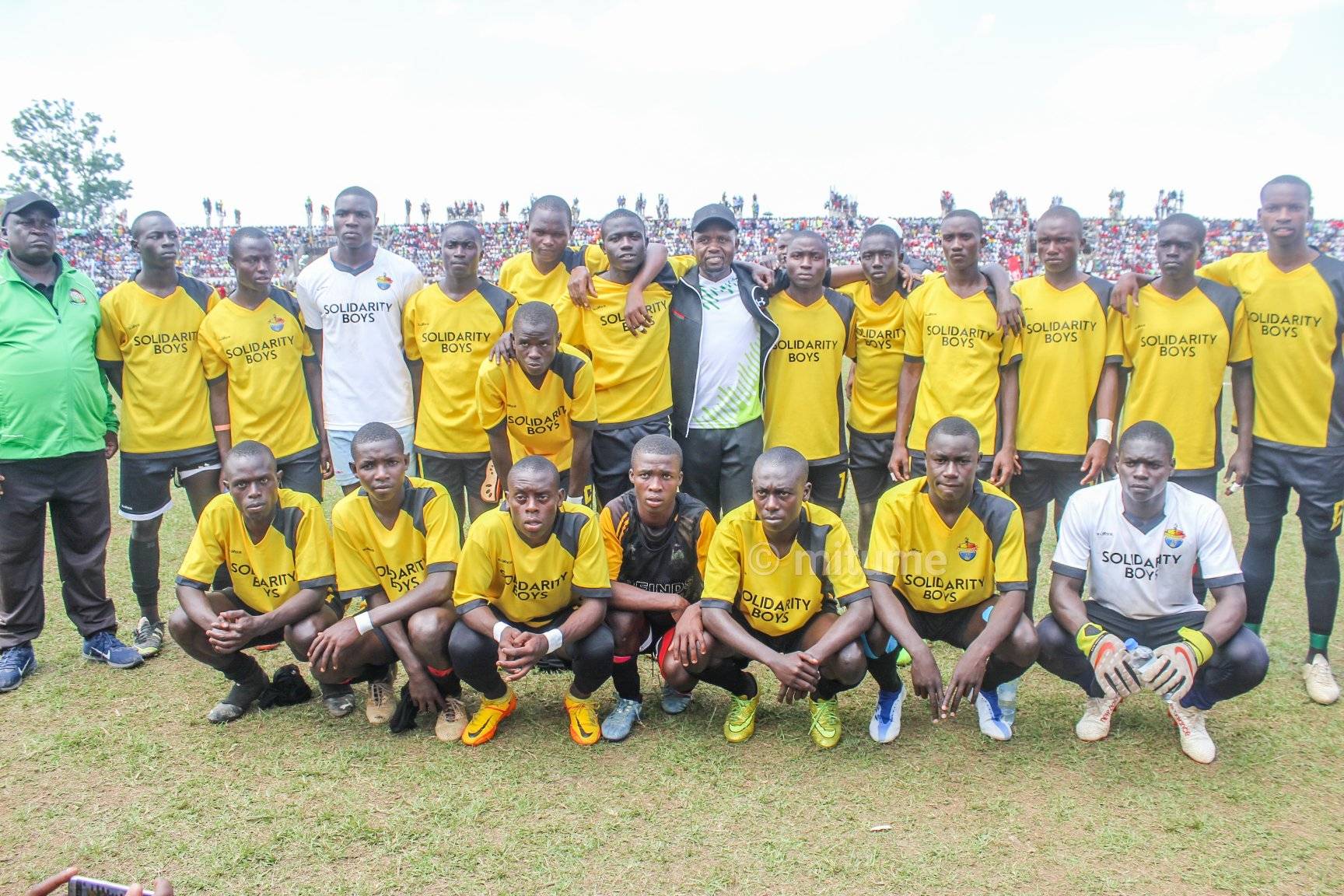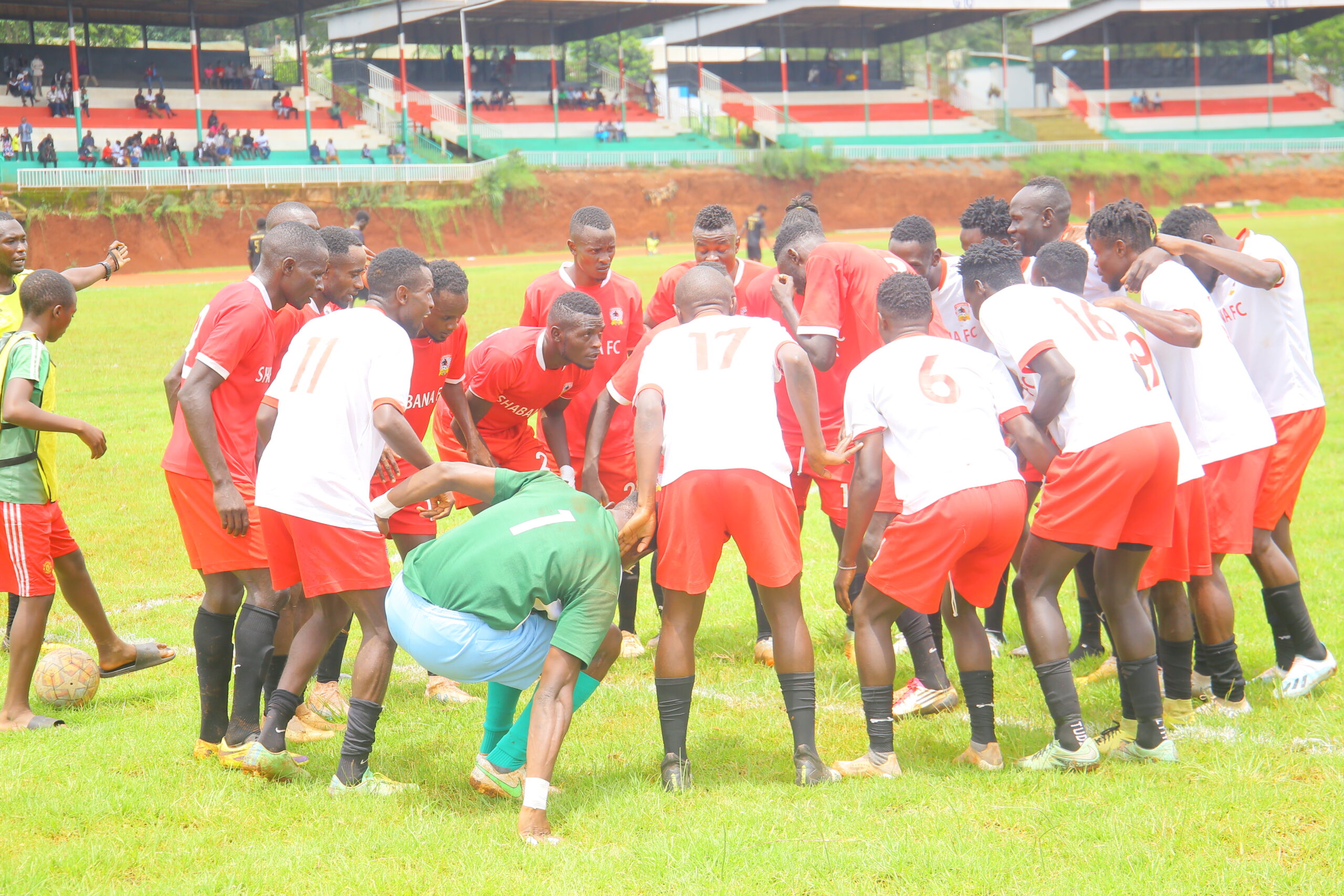The tragic death of a Kenyan officer deployed to Haiti has ignited questions about the government’s accountability and preparedness in peacekeeping missions. The incident underscores the immense risks that come with such assignments, particularly in a volatile setting like Haiti, where gang violence and lawlessness pose a constant threat.


A Costly Mission
The Kenyan contingent was sent to Haiti on a mission to restore peace and order—a noble endeavor that turned perilous. The officer’s death is a somber reminder of the human cost of such operations. Beyond the uniform was a life: a parent, child, sibling, or friend who answered the call of duty with courage and dedication.
This loss isn’t just personal for the family; it is a national tragedy that demands reflection and action. Peacekeeping comes at a price, often measured in human lives, which calls for the government to ensure maximum safety measures are in place for personnel deployed to high-risk zones.
Critical Questions on Preparedness
The officer’s death raises several pressing questions for the government:
- Were sufficient safeguards, such as protective gear, advanced training, and intelligence, provided to the officers?
- What measures were in place to mitigate the known risks in Haiti?
- How are current deployments being monitored to prevent further casualties?
These questions cannot remain rhetorical. They require urgent and transparent answers, both for the grieving family and a concerned nation.
The Call for Accountability
The government’s decision to send officers into Haiti was lauded as an act of valor, positioning Kenya as a contributor to global peace efforts. However, valor must be matched by thorough preparation and accountability. The safety of those on the ground should be a top priority, with comprehensive measures to address known risks.
The government must take immediate steps to:
- Ensure proper protective equipment is provided without delay.
- Establish clear communication systems for field operations.
- Develop contingency plans for emergencies.
- Address complaints from officers about field conditions and act on suggestions for improvement.
Lessons for Future Missions
The officer’s death is a stark reminder of the gravity of decisions made in leadership retreats and operational planning rooms. As Kenya reflects on this loss, it must also reconsider its approach to international peacekeeping missions.
While contributing to global stability is commendable, it should not come at the expense of Kenyan lives. The government must weigh the risks and benefits of such missions and demonstrate an unwavering commitment to the protection and dignity of its officers.
This tragedy marks a pivotal moment for Kenya to reassess its role in international peacekeeping and ensure that future decisions prioritize the safety and well-being of its personnel.












